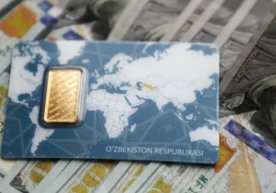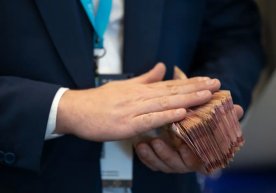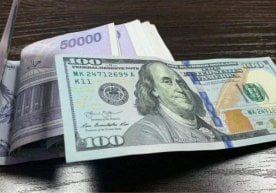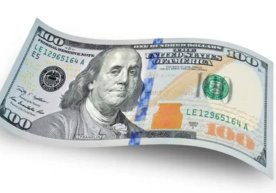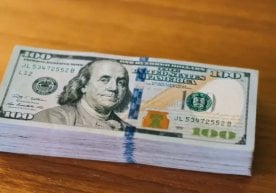Strengthening of the national currency brought 5 trillion soums to the economy
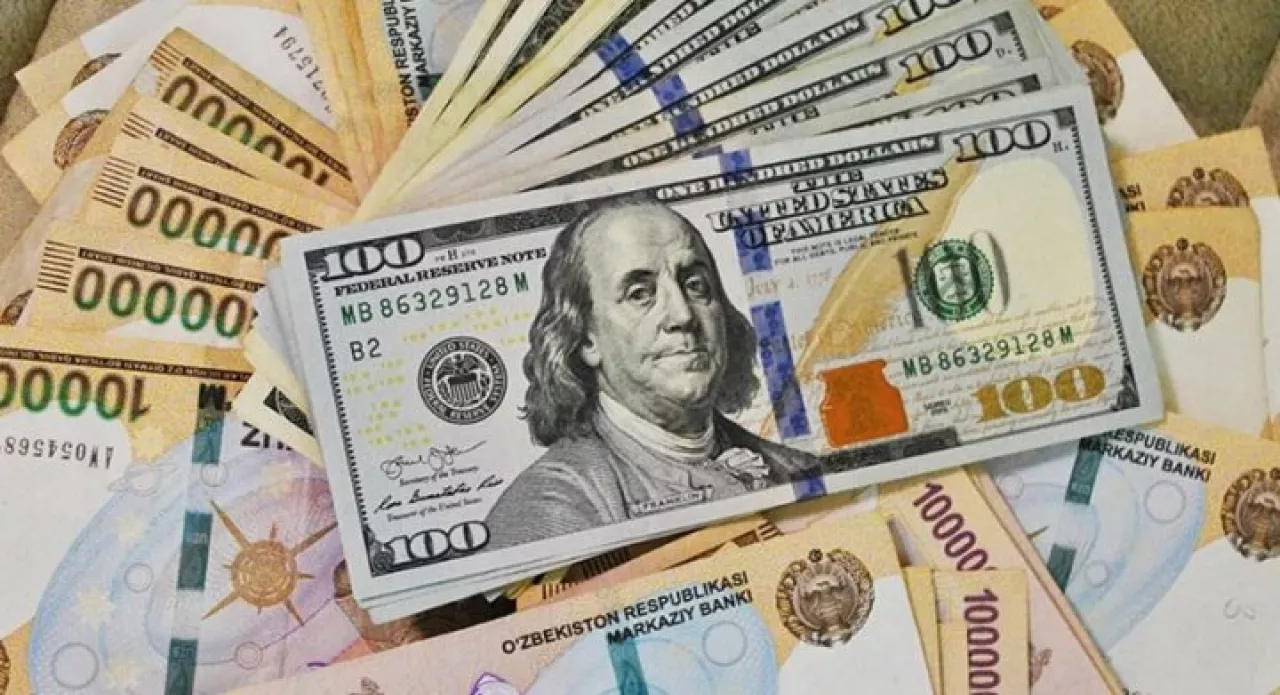
The decline in the value of the US dollar has brought significant savings to Uzbekistan's economy. This was reported by the Chairman of the Central Bank Board, Timur Ishmetov, on October 24.
According to him, 1.3 trillion soums were saved in servicing the state's external debts, and 3.6 trillion soums were saved in the corporate sector's obligations. In general, the strengthening of the national currency has brought 4.9 trillion soums of benefit to the economy.
In his speech, Timur Ishmetov explained in detail the positive effects of the national currency's strengthening against the US dollar. For example, the volume of soums in circulation in the banking system increased by 34 percent compared to last year, reaching 271 trillion soums.
He also mentioned that inflationary expectations are decreasing. At the beginning of this year, inflationary expectations were 14-15 percent, while now they have dropped to 12 percent.
The dependence on exchange rate fluctuations has also halved. The degree of dollarization in the financial system is also decreasing.
The level of dollarization in loan portfolios fell from 41 percent to 37 percent, and in deposits from 26 percent to 23 percent. The growth rate of prices for imported goods also slowed down, amounting to 6.1 percent.
Analyzing the structure of foreign trade, about 15 percent ($3 billion) of exports and 40 percent ($14 billion) of imports depend on the dynamics of the exchange rate. In addition to the exchange rate, export figures are influenced by international market prices, production efficiency, tariff and non-tariff barriers, and competitive environment.
The head of the Central Bank emphasized that no specific targets or indicators are set for the exchange rate. According to him, the rate is formed based on market principles and changes according to fundamental economic factors.
In the first nine months of this year, the soum strengthened by 6.6 percent against the US dollar, which means an increase of 852 soums. Most of the strengthening occurred in September.
According to economist Mirkomil Kholboev, the strengthening of the soum in September was one of the most notable results among developing countries. Experts link this situation to the global weakening of the dollar, an increase in gold exports, and growth in stable remittances.
Previously, the International Monetary Fund had recommended that the Central Bank of Uzbekistan increase the flexibility of the exchange rate and allow its wider fluctuation. According to experts, this step would increase the country's resistance to external shocks and improve the effectiveness of monetary policy.
The government has responded positively to these recommendations. At the same time, Abdulla Abduqodirov, the First Deputy Director of the Agency for Strategic Reforms, assessed the national currency rate as "not in line with market principles."
According to him, gold exports account for 38 percent of the country's exports, which shows that the national currency is being supported by income from gold sales. The expert expressed concern about the possibility that the competitiveness of Uzbekistan's products in foreign markets may decrease.













